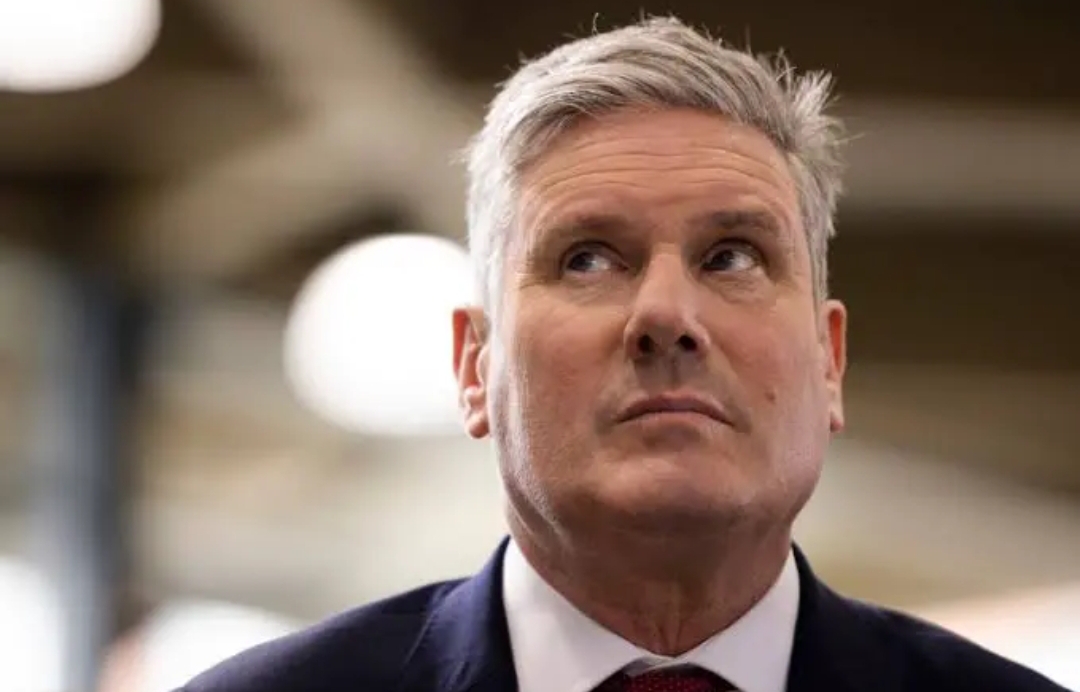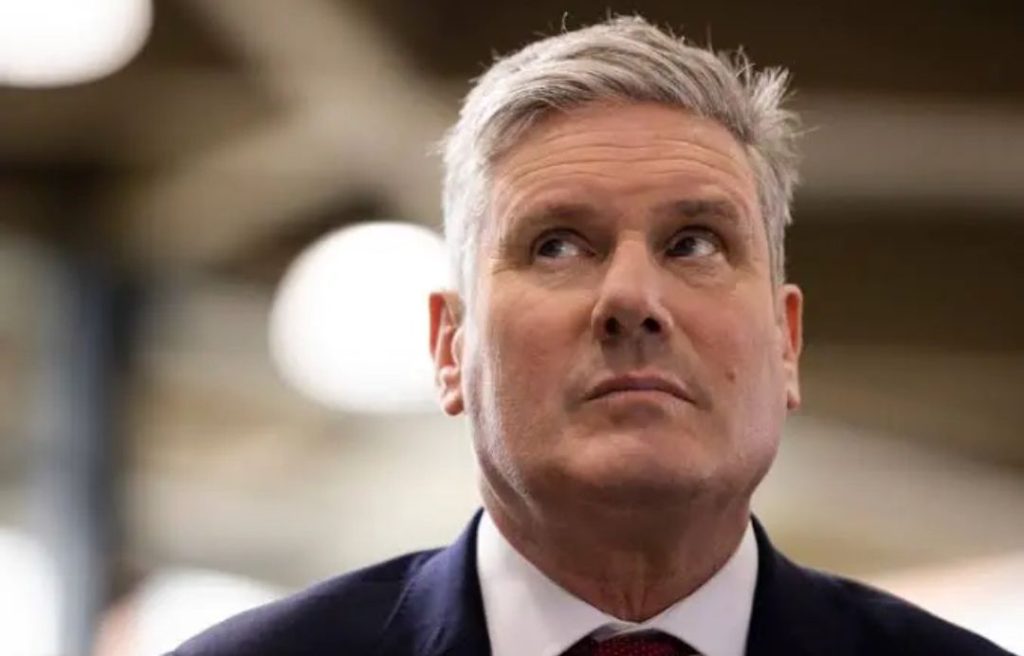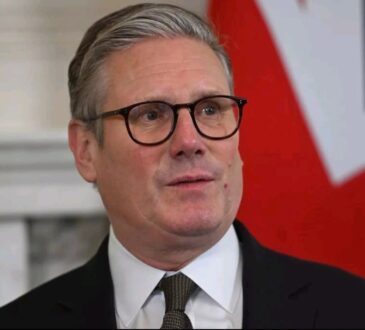
Keir Starmer is facing a difficult road ahead as Labour leader, with recent polls showing his personal popularity declining to concerning lows. A YouGov survey found that Starmer’s net favorability rating has plunged to -22%, much lower than predecessors Tony Blair and David Cameron at the same point before they won power.

Senior Tory politicians have warned that while much focus is on Rishi Sunak’s unpopularity, Starmer’s poor ratings should also raise alarm bells. Former Chancellor George Osborne called the Labour leader’s score “absolutely astonishing,” noting it is far below what would be expected of an opposition leader on track to become prime minister.
According to Express, there are signs that even Labour supporters are growing dissatisfied with Starmer’s leadership. An Ipsos MORI poll found that one in five 2019 Labour voters now view Starmer unfavorably. Voters feel he is not opposing the government strongly enough on key issues.
Starmer took over the Labour leadership in April 2020 with sky-high approval scores, but these have steadily eroded over time. From a peak of +31%, his net satisfaction rating has now plunged to -9% according to Britain Elects.
Multiple Challenges Threaten Starmer’s Position
Starmer faces threats from multiple fronts that jeopardize his leadership. He must unite his party’s warring factions, convince the public he is a credible prime minister-in-waiting, and overcome voter perceptions that he lacks substance.
The left-wing of Labour remains deeply suspicious of Starmer, despite his pledge to uphold the party’s progressive policy agenda. His appeals for unity have failed to placate critics like MP Jon Trickett, who labels Starmer an “anti-democratic” leader steering Labour towards the center. Rebellions in recent parliamentary votes highlight ongoing divisions.
More centrist Labour figures also have doubts. Peter Mandelson has questioned whether Starmer looks like a “fully-fledged leader,” while former Blair advisor John McTernan dismissed him as “dull, dull, dull.”
This internal sniping has done little to combat the wider view among voters that Starmer lacks charisma and a clear vision for government. After nearly three years in charge, focus groups still report participants are unsure “what Keir Starmer really believes in.”
Yet despite these travails, and a hit to his personal ratings, Labour still retains a consistent poll lead over the Conservatives. The latest Opinium survey put Labour at 40% to the Tories’ 27%, a 13-point gap.
But Tory strategists believe Starmer’s perceived weaknesses as a leader could still scupper his hopes of winning the next election, expected in 2024. Chairman Greg Hands claims “there is no great love for Keir Starmer” among the British public.
Even Labour MPs recognize that translating current polls into victory at the ballot box will be an uphill struggle. With Starmer’s popularity declining among his own voters, he faces a tough year ahead rehabilitating his public image.
Labour is also conscious that previous leaders like David Cameron and Boris Johnson overcame early dips in favorability to achieve later election success. But an uninspiring personal rating leaves little room for further slippage.
As one shadow cabinet member warned, the ultimate outcome is now “all up to Keir.” Reigniting public enthusiasm will be critical if he is to avoid snatching defeat from the jaws of victory




